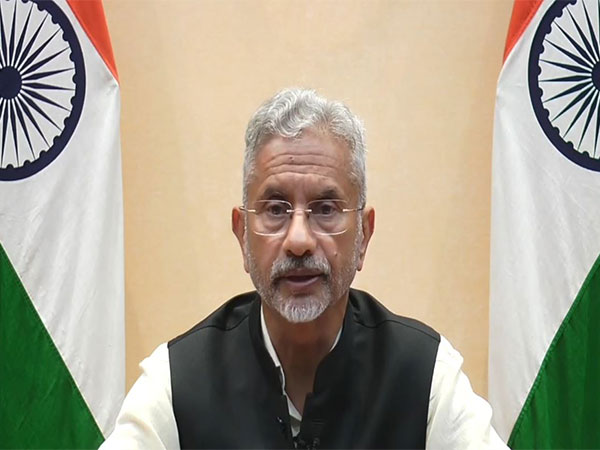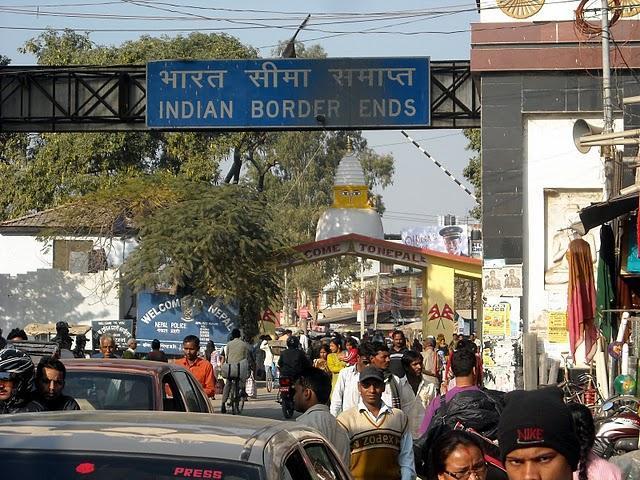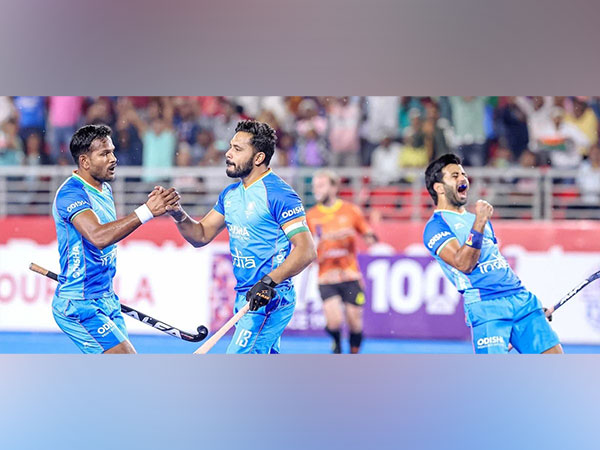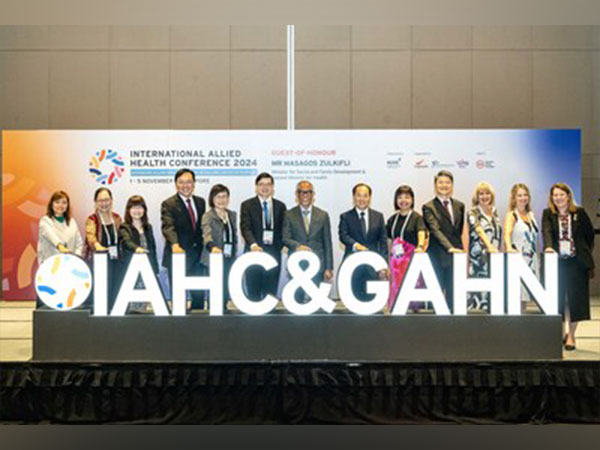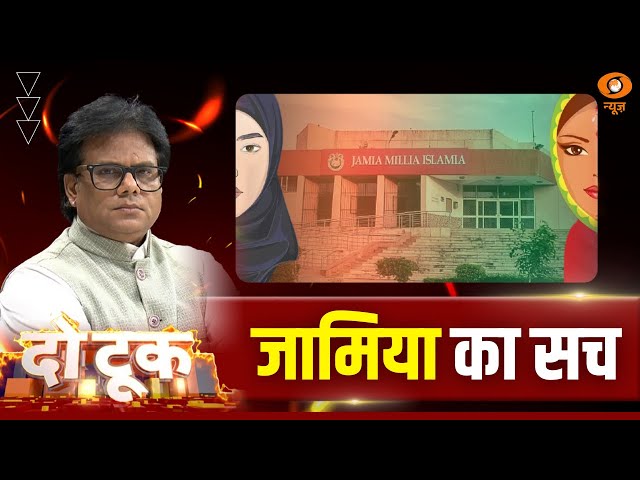Ahead of Prime Minister Narendra Modi’s visit to Singapore, External Affairs Minister S Jaishankar highlighted the significant progress made in India’s relationship with Gulf nations over the past decade.
Jaishankar also said that, unlike previous governments, the policies under PM Modi’s administration have extended to include investments, technology, security and connectivity in Gulf countries.
In an interview with Singapore-based ‘The Strait Times,’ Jaishankar on a question that there is a perception that India’s principal focus in its extended neighbourhood is now the Gulf, not ASEAN, he said, “I would not take an either/or approach. Certainly, in the last decade, India’s ties with Gulf nations have really taken off. Earlier governments used to view them more narrowly from the perspective of trade, energy and diaspora. In contrast, the Modi government’s policies have extended to investments, technology, security and connectivity.”
Jaishankar also said that India feels that the contributions of the Indian community are more acknowledged in the Gulf. “We definitely feel that the contributions of our community are more strongly recognised (in the Gulf ). Both the economic and demographic complementarities are today coming into much greater play. But because of this, I would not draw any conclusions in regard to ASEAN. Our ties have deepened as well in this very period.”
The External Affairs Minister further said that India being the fifth largest economy will necessarily have multi-directional engagements. He said, “The fact is that India – as the most populous country and currently the fifth-largest economy – will necessarily have multi-directional engagements. The world is not a zero-sum game for us.”
Jaishankar also expressed his views on the Act East policy and emphasised that Singapore has a central role to play. He said, “Singapore, which was at the core of our Look East policy, has an equally central role in the Act East policy as well. If you look at the new domains that reflect this evolution, Singapore’s partnership in security, connectivity, technology and sustainability is evident.”
“The Act East policy is certainly very active for a variety of reasons. Southeast Asia itself has much untapped potential. Its demographics and growth prospects make it a long-term partner,” Jaishankar added.
Outlining an example, Jaishankar said, “Imagine, for example, what a change the Trilateral Highway (plan to connect India with Myanmar and Thailand) can make when completed. It is also a relationship that is indispensable for India’s Indo-Pacific engagement. I would confidently predict a bright future.”
The Act East Policy focuses on the extended neighbourhood in the Indo-Pacific region, with ASEAN as its core. The objective of Act East Policy is to promote economic cooperation, cultural ties and develop strategic relationships with countries in the Indo-Pacific region through continuous engagement at bilateral, regional and multilateral levels, thereby providing enhanced connectivity in its broadest sense, including political, economic, cultural and people to people relations.
Meanwhile, Jaishankar also shared a post on his X regarding the interview and said, “The time is ripe to move to the next level of our ties. Do read my interview with @straits_times ahead of Prime Minister Narendra Modi’s visit to Singapore.”
Ahead of his visit, PM Modi affirmed that the discussions will deepen India-Singapore Strategic Partnership.
“I look forward to my discussions to deepen our Strategic Partnership with Singapore, particularly in new and emerging areas of advanced manufacturing, digitalization, and sustainable development,” PM Modi said.
He also said that both Brunei and Singapore as important partners in India’s Act East Policy and the Indo-Pacific Vision. Prime Minister Narendra Modi arrived in Brunei today for a two-day visit. Following this, he will head to Singapore for a visit on September 5.
(ANI)









